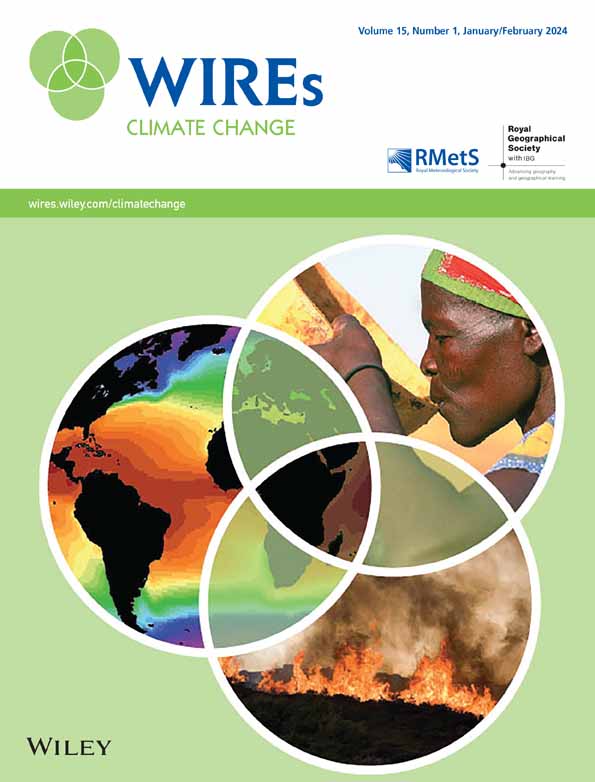面对快速的气候变化,保护生物多样性需要改变优先事项
IF 10.3
1区 环境科学与生态学
Q1 ENVIRONMENTAL STUDIES
引用次数: 7
摘要
保护领域旨在保护生物多样性——地球上各种形式生命的多样性。传统的保护目标和措施已经扩大和修改,以应对不断变化的社会价值观和气候相关挑战。随着气候变化的进展,我们认为这些变化需要加快。首先,更多的保护目标需要优先考虑人类的基本福祉,尤其是在人类强烈依赖自然环境的地区。例如,城市生物多样性以及兼顾生物多样性和对人类贡献的低影响形式的农业和林业应越来越被视为符合保护目标。其次,需要采取更多的保护措施,允许甚至促进生物多样性的变化。事实上,不断变化的物种特征和生物群落组成不仅是对不可避免的气候变化的适应性反应,而且在许多情况下,对维持生态系统的运转也是必要的。相反,将生物多样性保持在历史状态的尝试可能会变得越来越困难、昂贵,并可能适得其反。最后,除了继续开展气候适应工作外,保护工作还需要更多地关注降低大气碳浓度。我们探讨了这些变化是如何共同改变保护领域的,以及在气候变化迫在眉睫的情况下,它们如何有潜力带来一个更加公正和可持续的世界。本文章由计算机程序翻译,如有差异,请以英文原文为准。
Conserving biodiversity in the face of rapid climate change requires a shift in priorities
The field of conservation aims to protect biodiversity—the diversity of life on earth in all its forms. Traditional conservation objectives and measures have already been expanded and modified in response to shifting social values and climate‐related challenges. As climate change progresses, we argue that these changes will need to be accelerated. First, an even greater fraction of conservation objectives will need to prioritize the basic well‐being of humans, especially in areas where humans are strongly dependent on their natural surroundings. For example, urban biodiversity and low‐impact forms of agriculture and forestry that reconcile biodiversity and contributions to humans should increasingly be viewed as compatible with conservation objectives. Second, more conservation measures will need to allow for, and even foster, changes in biodiversity. Indeed, changing species' characteristics and biotic community composition are not only adaptive responses to inevitable climate change but will, in many instances, also be necessary to maintain functioning ecosystems. Conversely, attempts to maintain biodiversity in a historical state will likely become increasingly difficult, expensive, and possibly counterproductive. Finally, in addition to continuing climate adaptation work, conservation efforts will need to focus more on reducing atmospheric carbon concentrations. We explore how collectively these changes are transforming the field of conservation and how they have the potential to lead to a more just and sustainable world despite impending climate change.
求助全文
通过发布文献求助,成功后即可免费获取论文全文。
去求助
来源期刊

Wiley Interdisciplinary Reviews: Climate Change
METEOROLOGY & ATMOSPHERIC SCIENCES-
CiteScore
20.00
自引率
2.20%
发文量
58
审稿时长
>12 weeks
期刊介绍:
WIREs Climate Change serves as a distinctive platform for delving into current and emerging knowledge across various disciplines contributing to the understanding of climate change. This includes environmental history, humanities, physical and life sciences, social sciences, engineering, and economics. Developed in association with the Royal Meteorological Society and the Royal Geographical Society (with IBG) in the UK, this publication acts as an encyclopedic reference for climate change scholarship and research, offering a forum to explore diverse perspectives on how climate change is comprehended, analyzed, and contested globally.
 求助内容:
求助内容: 应助结果提醒方式:
应助结果提醒方式:


